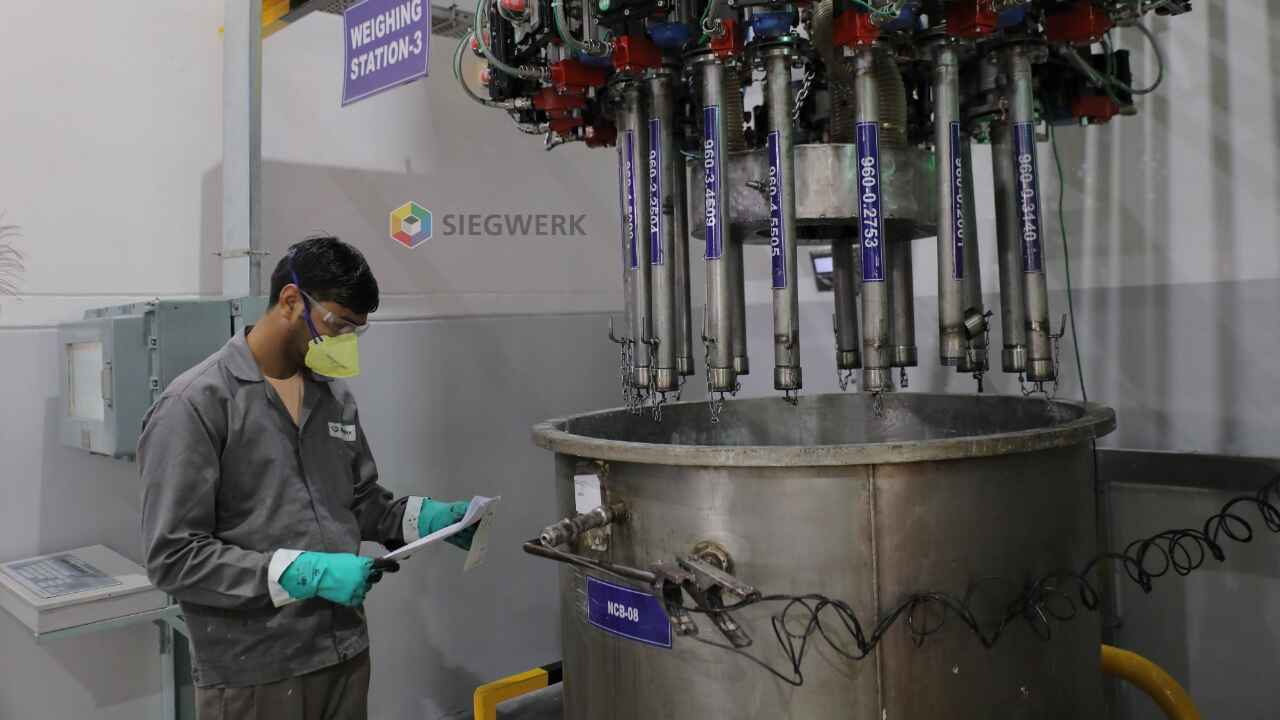In-mold provides sustainability advantage
Every time this author speaks to a brand manager, s/he lists the benefits of blow mold or in-mold labeling as reasons for switching from previously used technology. Common advantages include cost-effectiveness and environmental friendliness.
Yupo Corporation, a Japan-based manufacturer of synthetic paper, actively promotes these technologies in the Indian market. Prashant Mandewal, general manager of business development, explains the advantages of in-mold and blow mold labeling that makes it lucrative to brand owners: it helps save labor cost by eliminating post-labeling application; zero liner waste saves disposal cost and avoids land filling. In-mold and blow mold labeling have lower label cost than synthetic pressure-sensitive labels, argues Mandewal. In addition, it helps maintain label aesthetics while making the supply chain faster and reducing inventory cost by saving space.
Both in-mold and blow molding help in reducing container weight. He elaborates, ‘Depending on the center of gravity and design of the bottle, blow molding reduces container weight by seven to 10 percent more than pressure-sensitive label. This is because the process involves adding a thin polymer layer to the wall of container which increases the strength of the container and reduces weight.’
He explains that Yupo Corporation reduced by 15 grams the weight of a Diversey container. Diversey is one of the leading providers of cleaning, sanitation and hygiene products. The container now weighs 170g compared to the previous 185g and will further be reduced to 165g.
The five-liter container for Hindustan Petroleum’s Lal Ghoda, a lubricant oil, also weighed 15g less after the company implemented in-mold technology.
The silicone liner, release coating and adhesive layers used in constructing pressure-sensitive labels are not required in the blow mold or in-mold labeling process. It helps to save paper and facilitates recycling as the container and the label can be recycled in one go, says Mandewal. ‘At Yupo, we re-use even the trimming waste to make synthetic paper. In India, Yupo’s in-mold label printers sell punching waste to recyclers and earn revenue. This ensures zero waste and avoids landfill. These steps considerably reduce the carbon footprint of the company.’
Compared to pressure-sensitive technology, he says, these technologies consume less water in manufacturing of products.
Stay up to date
Subscribe to the free Label News newsletter and receive the latest content every week. We'll never share your email address.

